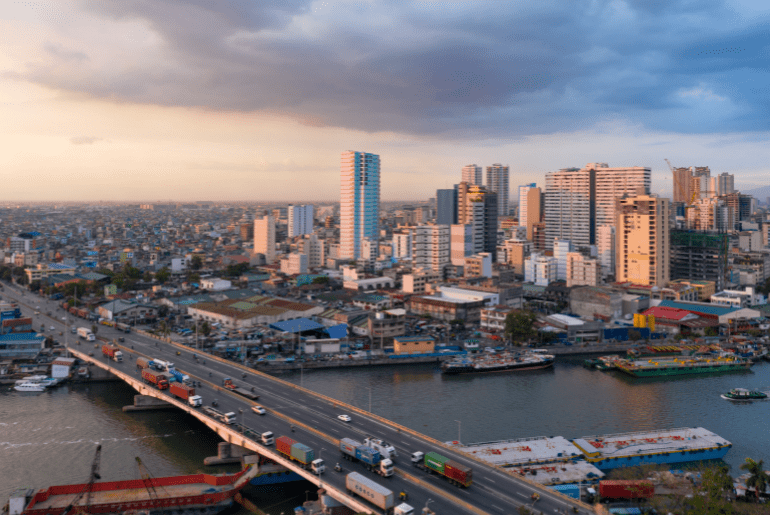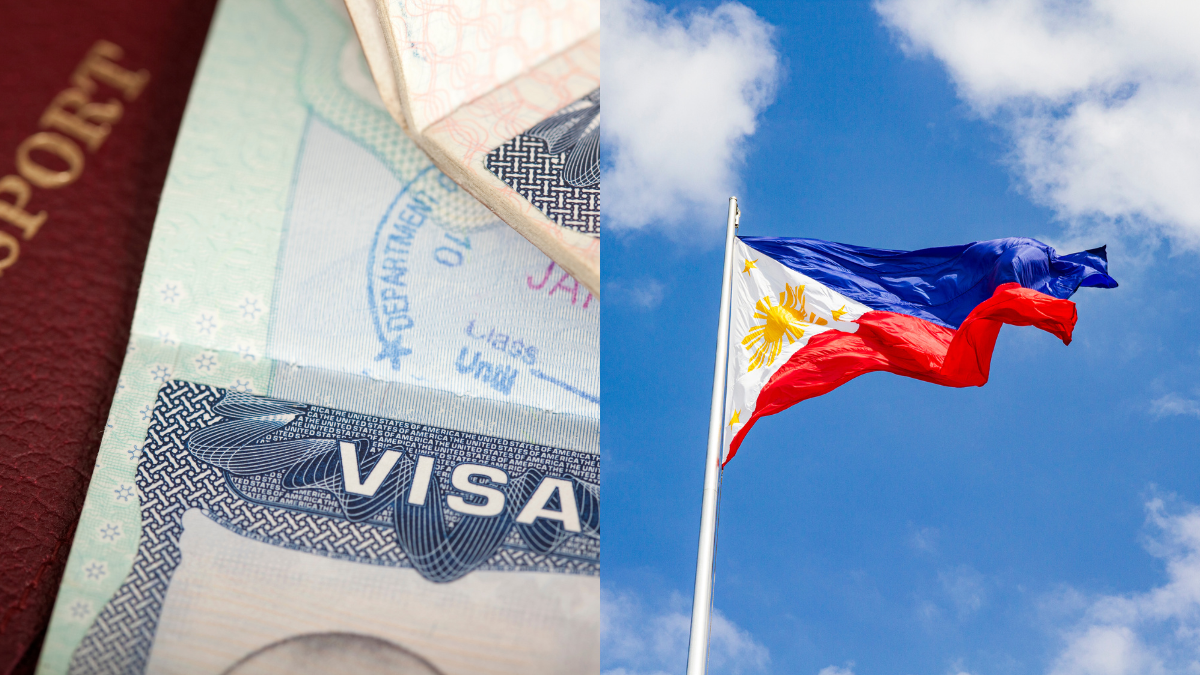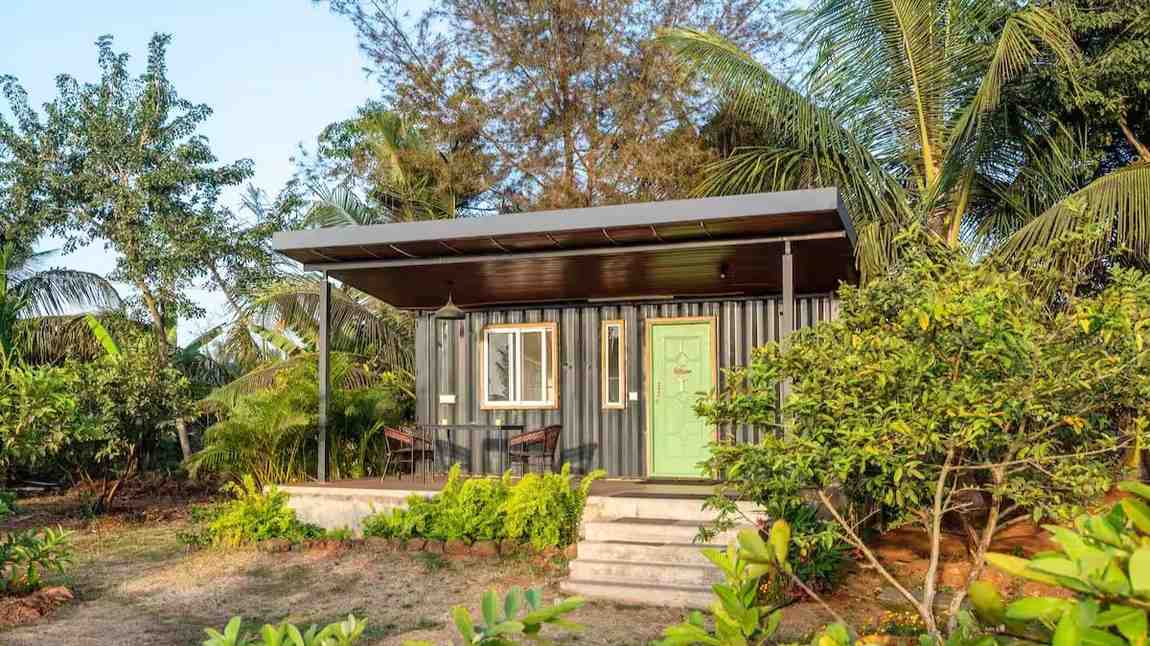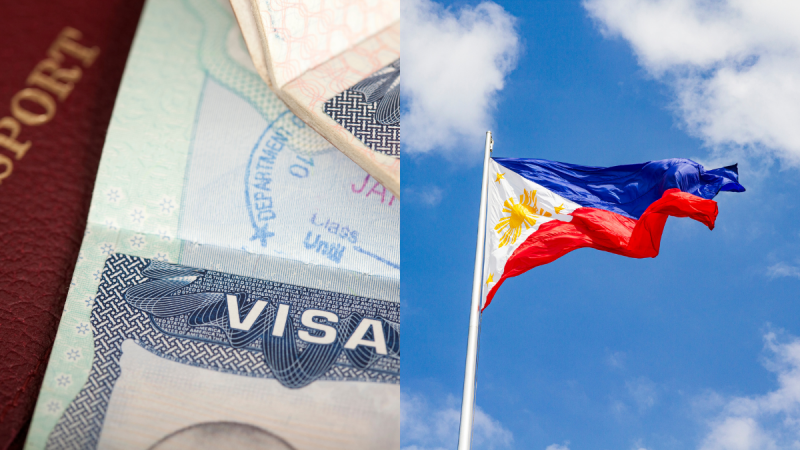The Philippines has officially joined the global race to attract remote workers by introducing a Digital Nomad Visa. With this new visa programme, the Southeast Asian island nation aims to welcome digital professionals who work for overseas companies but wish to live in an affordable, tropical location.
A New Philippines Visa For Remote Workers

The Philippines’ proposed Digital Nomad Visa, as outlined in Senate Bill No. 2991, allows eligible foreign nationals to stay in the country for one year, with an option to renew for another year. According to a release by the Philippine Senate, the visa targets individuals working remotely for foreign-based employers or clients.
Applicants must meet specific requirements such as being at least 18 years old, holding valid health insurance, having no criminal record, and earning income solely from outside the Philippines. The goal is to boost tourism while ensuring digital nomads do not displace the local workforce.
Also Read: Philippines’s Siquijor Island Is A Healer’s Paradise Filled With Tales Of Witchcraft And Wonder
As reported by Business Today, this initiative follows similar efforts by more than 50 countries that already offer digital nomad visas. With its rich cultural heritage, low cost of living, and scenic coastal cities, the Philippines is positioning itself as a desirable remote work destination.
A Boost To The Tourism Sector

The Department of Tourism in the Philippines recorded 5.95 million international arrivals in 2024, a 9.15% increase from the previous year. According to the same report, the tourism industry generated over PHP 760 billion in revenue. The introduction of the Digital Nomad Visa seeks to maintain this upward trend by encouraging longer stays and higher spending among visitors.
As noted by BusinessMirror, digital nomads tend to spend significantly on accommodation, local transport, food, and other services. Their presence supports local businesses, especially in emerging travel hubs beyond the usual tourist spots.
Infrastructure And Connectivity Are Key

To ensure the success of the programme, the government is focusing on improving digital infrastructure. According to the Department of Tourism, enhancing internet connectivity and digital services will make the Philippines more appealing to remote workers.
Some areas, such as Siargao, already cater to digital nomads with coworking spaces and reliable internet access. The government intends to replicate this model in other regions, promoting decentralised tourism and economic development.
Cover Image Courtesy: Canva Pro





